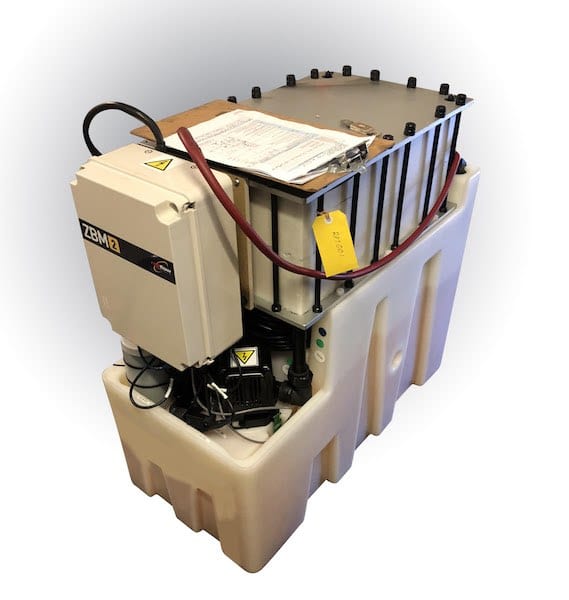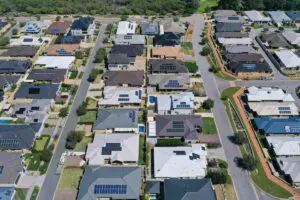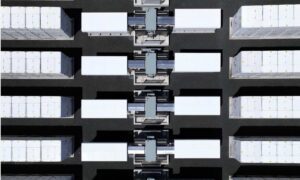
Australian battery storage developer and manufacturer Redflow has shipped its largest-ever order of zinc-bromine flow batteries, to provide energy storage for Fiji’s new digital television network.
Redflow said on Wednesday that the $US1.2 million order from New Zealand-based Hitech Solutions would see between five and 60 ZBM2 batteries installed at more than 10 sites in Fiji, many of which have no access to the country’s electricity grid.
The program, which Hitech is rolling out on behalf of the Fijian government, will provide Fijians with access to eight free-to-air television channels through a set top box, plus an option for catch-up TV.
Digital television will also provide a platform to telecast important messages to people in maritime zones and rural areas in times of disaster, such as cyclones.
The ZBM2 batteries – manufactured at Redflow’s new plant in Thailand – were chosen for the project for their “robustness, long life, safety, temperature tolerance and straightforward recycling process,” Hitech said.
“The primary need was for a robust design with a long service life,” said Hitech chief technology officer Derek Gaeth.
“We considered both lithium and lead-acid based batteries, but many sites are in remote locations with difficult access.
“Lead-acid has too short a service life and is very bulky in the limited space we have. We save 40 tonnes of battery weight by choosing Redflow’s zinc-bromine flow batteries.
“Lithium performance degrades over time and would struggle with the heat and our desire to run batteries without any cooling, even on days that are hotter than 30°C.
“Redflow batteries can use fresh unfiltered air for cooling, even where it is likely to have a high salt content, without experiencing corrosion and also present no fire risk through ‘thermal runaway’.”
Gaeth said the environmental footprint of the batteries was also a consideration, with Redflow’s batteries able to be easily recycled or reused, saving on costs and damage to the Pacific Islands environment.
“Redflow batteries come with a 10-year warranty – more than three times longer than lead-acid batteries – can withstand a fair amount of abuse and will operate in a harsh environment without special treatment.
“When required, they’ll tolerate 100 per cent depth of discharge – that is, being completely run flat and left flat – without damaging the battery.”
This article was originally published on RenewEconomy’s sister site, One Step Off The Grid, which focuses on customer experience and ambitions with distributed generation. To sign up to One Step’s free weekly newsletter, please click here.







